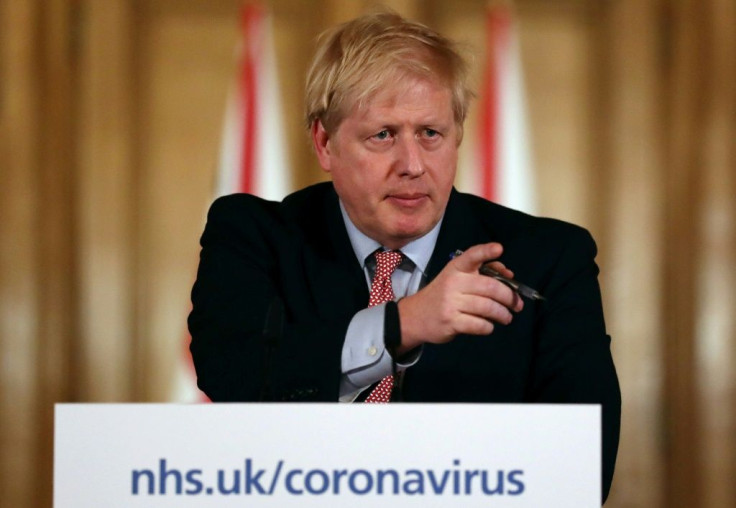UK Shuts Schools Indefinitely To Halt Spread Of Coronavirus

KEY POINTS
- Schools in Wales, Scotland, Northern Ireland and Ireland were also closed
- Exams due to take place in May, June were cancelled
- the U.K. confirmed more than 2,600 cases of COVID-19, with 72 deaths
The U.K.'s National Education Union welcomed a decision by the government to close all schools indefinitely starting on Friday due to the coronavirus epidemic.
"It is better for this to take place in an ordered way than the chaotic pattern of closures that was developing," Kevin Courtney, the union's joint secretary said.
He added the closures "offers some degree of reassurance to teachers, their students and parents.”
The regional governments of Scotland, Northern Ireland and Wales already announced school closures. Schools and colleges in the Republic of Ireland have also been shuttered.
“Looking at where we are now, we think now that we must apply further downward pressure on that upward curve [of virus infections] by closing the schools,” said Prime Minister Boris Johnson.
Johnson added he hoped schools will remain closed for an absolute minimum period of time.
However, schools will remain open to children of key workers (like National Health Service staff, police officers, delivery drivers) and the most vulnerable students.
As of Wednesday, the U.K. confirmed more than 2,600 cases of COVID-19, with 72 deaths.
Education Secretary Gavin Williamson said exams planned for May and June will be cancelled this year.
“I want to provide parents, students and staff with the certainty they need,” Williamson said. “I know the situation has become increasingly challenging.”
Williamson assured that the government will work with local educational authorities to “ensure that children get the qualifications that they need. And we will do whatever is necessary to support local authorities, schools and teachers through the weeks and months ahead.”
Williamson added: ‘The spike of the virus is increasing at a faster pace than anticipated and it is crucial that we continue to consider the right measures to arrest this increase and to relieve the pressure on the health system. It is also clear that schools are increasingly finding it more difficult to continue as normal as illness and self-isolation impacts on staffing levels and pupil attendance.”
Labour Party member Sir Keir Starmer criticized some aspects of the government’s decision.
“We must recognize that the closure of schools across the U.K. will raise major challenges for families across the country,” he said. “Many families rely on grandparents for support with childcare. Coronavirus makes that impossible for many. The government must step in and support families who now face a choice between losing income because there is no childcare available or paying crippling childcare costs.”
Starmer added: “The government must put a clear plan in place to ensure our children can continue to learn whilst away from school, stay safe and keep mentally and physically healthy. Those who are having important exams cancelled need to know it will not deny them opportunities in the future.”
Starmer further indicated that school closures will mean the loss of free school meals for millions of children. “For some this means missing their only hot meal of the day… The stripping away of our social security has left four million children in poverty, unable to afford a meal unless they are at school,” he said.
Murray Morrison, an education expert, said cancelling exams will create new problems.
“Schools won’t easily be able to accommodate returning students sitting delayed exams in September, nor will there be anyone to mark and moderate exams since this work is normally carried out by teachers in the summer,” he said. “Likewise, moving term times will cause untold disruptions to parents and teachers who will have made plans around established term dates.”
The school closures raise other questions.
“It was the announcement the government did not want to make – shutting down schools indefinitely,” wrote Hannah Richardson, BBC News education and social affairs reporter. “But as the virus spread its claws further into communities it became inevitable. Heads and teachers are just as at risk as anyone else, and as more and more staff called in sick – increasing numbers of schools started to fall like dominoes under the weight of this pandemic.”
Richardson added that schools now face more uncertainty. “How long will they remain closed? How will pupils cope with learning from home? Who will look after them?,” she pondered. “And how will schools manage in their new role as the nation’s babysitters for the children of key workers?”
© Copyright IBTimes 2024. All rights reserved.





















